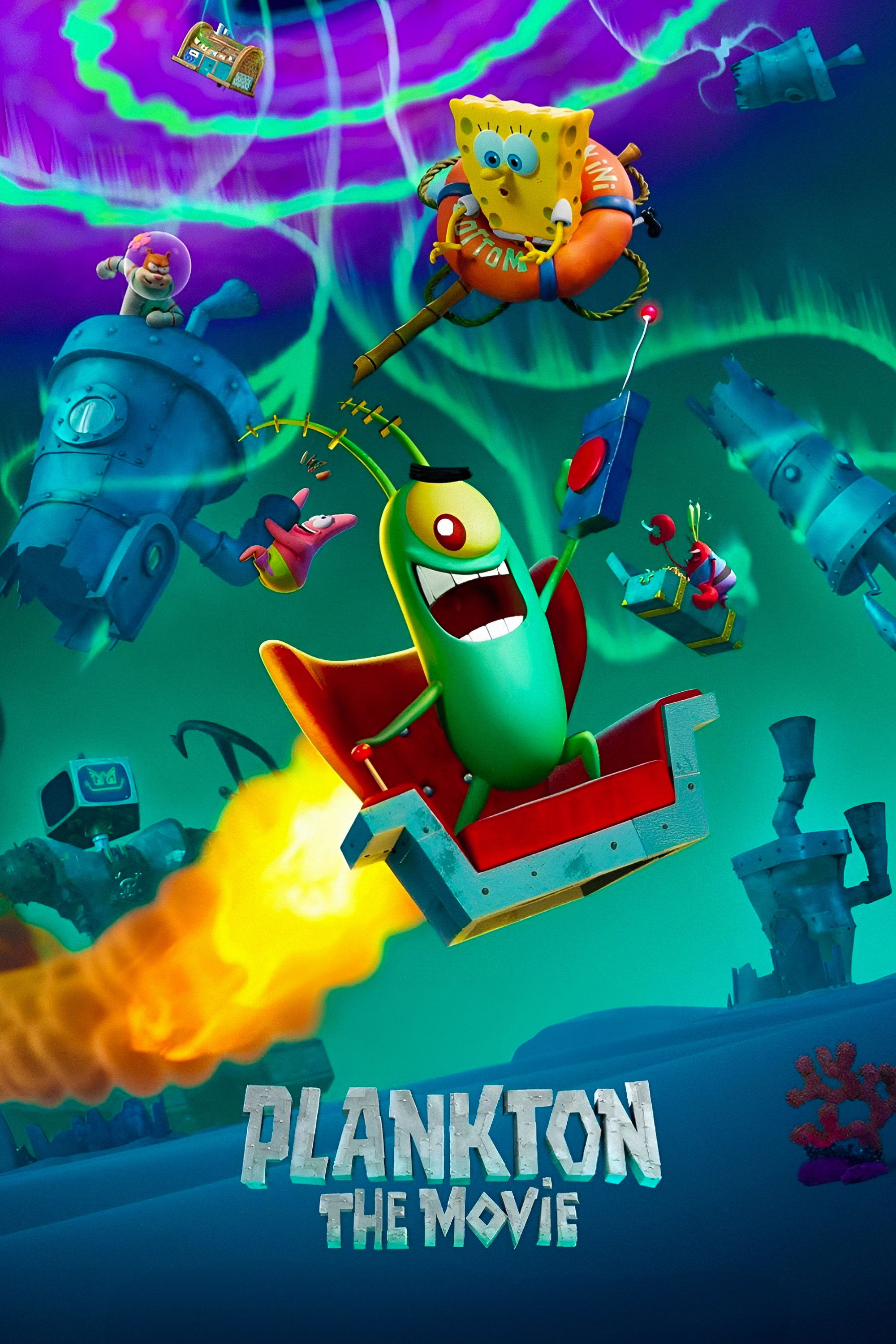Movie Rules 2025: The Ultimate Guide To The Future Of Cinema
Hey there, movie buffs! Ever wondered what the future of cinema holds? Well, buckle up because we're diving deep into the world of movie rules in 2025. If you're a fan of the silver screen, this is the article you've been waiting for. Get ready to explore the latest trends, technologies, and game-changing regulations that are shaping the film industry as we know it. So, let's not waste any time and jump right in!
Let's be real here—movies aren't just about entertainment anymore. They're a cultural phenomenon, a reflection of our society, and a powerful medium that influences how we perceive the world. In 2025, the rules of the game have shifted dramatically. Streaming platforms, AI-driven storytelling, and global collaborations are redefining what it means to create and watch films. Whether you're a filmmaker, a critic, or just someone who loves a good flick, these changes matter big time.
Before we dive into the nitty-gritty, let's address the elephant in the room. Why should you care about movie rules 2025? Because understanding these rules can help you make better decisions as a viewer, support the right creators, and even inspire you to become part of the industry yourself. So, whether you're planning to binge-watch the latest releases or dream of making your own masterpiece, this guide has got you covered.
- Why Masahublive Is Revolutionizing Online Experiences
- Adity Mistry Live Video The Ultimate Guide To Understanding The Phenomenon
Daftar Isi
- The Evolution of Movie Rules
- How Technology is Reshaping Cinema
- New Regulations in 2025
- The Rise of Streaming Platforms
- Global Collaboration in Film
- Understanding the Modern Audience
- The Business of Movies in 2025
- AI and the Future of Storytelling
- Key Challenges Facing the Industry
- Wrapping It All Up
The Evolution of Movie Rules
Back in the day, making movies was all about big studios, massive budgets, and a select few who controlled the narrative. But fast forward to 2025, and the rules have changed drastically. Independent filmmakers now have access to tools that were once reserved for Hollywood giants. And guess what? The audience has more power than ever before. With platforms like YouTube and Vimeo, anyone can showcase their talent and reach a global audience.
But how did we get here? The evolution of movie rules started with the democratization of technology. Cameras became more affordable, editing software more accessible, and distribution channels more diverse. This shift didn't just happen overnight; it was a gradual process that gained momentum over the years. Today, the movie industry is a melting pot of ideas, cultures, and innovations.
Key Milestones in Movie History
- 1927: The introduction of sound in movies with "The Jazz Singer."
- 1977: The release of "Star Wars," which revolutionized special effects.
- 2007: The launch of Netflix streaming, changing how we consume films.
- 2025: AI-driven scripts and virtual reality experiences becoming mainstream.
How Technology is Reshaping Cinema
Tech is the name of the game in 2025. From AI-generated scripts to virtual reality experiences, technology is transforming every aspect of filmmaking. Filmmakers can now use AI to analyze audience preferences and tailor their content accordingly. Imagine a world where a movie's ending changes based on what the audience wants. Sounds crazy, right? But it's happening, folks.
- Aditi Mistry New Hot Live Video The Buzz The Truth And Everything Inbetween
- Joey King Non Binary A Deep Dive Into The Stars Journey And Identity
Virtual reality is another game-changer. Instead of just watching a movie, you can now step into the world of the film and experience it firsthand. This immersive experience is revolutionizing how we interact with cinema. And let's not forget about the advancements in visual effects. With tools like CGI and motion capture, filmmakers can bring their wildest dreams to life.
Top Tech Trends in 2025
- AI-driven storytelling and scriptwriting.
- Virtual and augmented reality experiences.
- Advancements in 3D printing for set design.
New Regulations in 2025
With great power comes great responsibility. As the movie industry grows, so do the regulations governing it. In 2025, filmmakers have to navigate a complex web of rules and guidelines. From copyright laws to data privacy regulations, staying compliant is more important than ever. But why are these regulations necessary? Well, they ensure that creators are protected, audiences are respected, and the industry remains ethical.
One of the biggest changes in 2025 is the emphasis on diversity and inclusion. Studios are now required to meet certain quotas for representation both in front of and behind the camera. This push for inclusivity is not just a moral obligation but also a business necessity. Audiences want to see themselves reflected on screen, and studios are taking notice.
Key Regulations to Watch Out For
- Diversity and inclusion mandates.
- Data privacy laws for streaming platforms.
- Intellectual property protections for digital content.
The Rise of Streaming Platforms
Streaming platforms have taken the world by storm, and in 2025, they're more dominant than ever. Companies like Netflix, Amazon Prime, and Disney+ have changed how we consume movies. No longer do we have to wait for a film to hit theaters; we can watch it from the comfort of our homes. This shift has had a profound impact on the industry, from production to distribution.
But what does this mean for traditional theaters? While some fear the decline of the cinematic experience, others see it as an opportunity for innovation. Theaters are now focusing on offering unique experiences that can't be replicated at home. From luxury seating to interactive screenings, the cinema is fighting back with creativity and flair.
Why Streaming is Here to Stay
- Convenience and accessibility for viewers.
- Increased opportunities for independent filmmakers.
- Global reach for content creators.
Global Collaboration in Film
In 2025, the movie industry is more globalized than ever before. Filmmakers from all corners of the world are collaborating to create groundbreaking content. This cross-cultural exchange is not only enriching the industry but also breaking down barriers. Audiences can now enjoy films from different countries and cultures, expanding their horizons and broadening their perspectives.
Take, for example, the rise of Korean cinema. With hits like "Parasite" and "Squid Game," South Korea has become a powerhouse in the global film industry. This success is not just about talent; it's about collaboration. Filmmakers from Korea are working with studios around the world to create content that resonates with a global audience.
Benefits of Global Collaboration
- Access to diverse talent and perspectives.
- Shared resources and expertise.
- Broader distribution networks.
Understanding the Modern Audience
Knowing your audience is key to success in any industry, and the movie industry is no exception. In 2025, the modern audience is more tech-savvy, discerning, and demanding than ever before. They want content that is not only entertaining but also meaningful. This shift has forced filmmakers to rethink their approach and focus on storytelling that resonates on a deeper level.
But how do you reach this audience? The answer lies in data. By analyzing viewing habits, preferences, and feedback, filmmakers can tailor their content to meet the needs of their audience. Social media platforms like Instagram and TikTok have also become powerful tools for connecting with viewers and building a community around a film.
What the Modern Audience Wants
- Authentic and relatable stories.
- Interactive and immersive experiences.
- Content that reflects their values and beliefs.
The Business of Movies in 2025
Movies are big business, and in 2025, the industry is worth billions. But with great profits come great challenges. Studios have to navigate a complex landscape of distribution, marketing, and monetization. The rise of streaming platforms has disrupted traditional business models, forcing studios to adapt or risk being left behind.
One of the biggest changes in 2025 is the shift towards data-driven decision-making. Studios are now using analytics to make everything from casting decisions to release dates. This data-driven approach is not just about maximizing profits; it's about creating content that audiences will love.
Key Business Trends in 2025
- Data analytics in decision-making.
- Diversification of revenue streams.
- Focus on sustainability and ethical practices.
AI and the Future of Storytelling
AI is not just a buzzword; it's a game-changer for the movie industry. In 2025, AI is being used in everything from scriptwriting to marketing. Filmmakers can now use AI to analyze audience preferences and tailor their content accordingly. Imagine a world where a movie's script is written by an algorithm based on what audiences want. Sounds futuristic, right? But it's happening, folks.
But what does this mean for creativity? Some fear that AI will replace human creativity, but others see it as a tool to enhance it. By automating repetitive tasks, filmmakers can focus on the art of storytelling. And let's not forget about the ethical implications. As AI becomes more prevalent in the industry, filmmakers must ensure that it is used responsibly and ethically.
The Role of AI in Filmmaking
- Scriptwriting and story development.
- Marketing and audience analysis.
- Visual effects and post-production.
Key Challenges Facing the Industry
While the movie industry is booming, it's not without its challenges. From piracy to declining theater attendance, filmmakers have their work cut out for them. But these challenges are not insurmountable. By embracing innovation and collaboration, the industry can overcome these obstacles and continue to thrive.
Piracy remains one of the biggest threats to the industry. With the rise of digital content, it's easier than ever for people to access movies illegally. Studios are fighting back with advanced encryption and DRM technologies, but the battle is far from over. Another challenge is the decline in theater attendance. As more people choose to watch movies at home, theaters are struggling to stay relevant.
Overcoming Industry Challenges
- Investing in anti-piracy technologies.
- Innovating the cinematic experience.
- Fostering collaboration and partnerships.
Wrapping It All Up
So, there you have it—the ultimate guide to movie rules in 2025. From the evolution of technology to the rise of global collaboration, the movie industry is undergoing a transformation like never before. As a viewer, it's an exciting time to be part of this journey. And if you're a filmmaker, the opportunities are endless.
But remember, with great power comes great responsibility. As the industry continues to evolve, it's important to prioritize ethics, inclusivity, and sustainability. So, what's next for the world of cinema? Only time will tell, but one thing's for sure—movies will always have a special place in our hearts.
What are your thoughts on the future of cinema? Drop a comment below and let's start a conversation. And don't forget to share this article with your fellow movie buffs. Together, let's keep the magic of cinema alive!



Detail Author:
- Name : Eveline Ondricka
- Username : xwintheiser
- Email : nledner@gmail.com
- Birthdate : 2004-09-17
- Address : 10639 Colin Vista Apt. 961 South Albinaland, CO 52366-3328
- Phone : 228.589.8421
- Company : Schneider-Kilback
- Job : Fire Investigator
- Bio : Molestiae placeat deserunt aspernatur officiis pariatur doloribus non. Impedit sint quidem similique nostrum ratione. Corrupti ad culpa labore voluptates. Et et nihil ut deserunt id ex ratione.
Socials
instagram:
- url : https://instagram.com/katarina_abshire
- username : katarina_abshire
- bio : Quisquam quod eos quia ipsa. Dolores quasi corporis laudantium eligendi dolorum et.
- followers : 861
- following : 1549
linkedin:
- url : https://linkedin.com/in/katarina_id
- username : katarina_id
- bio : Aliquam rerum et nihil quas laborum.
- followers : 6535
- following : 1066